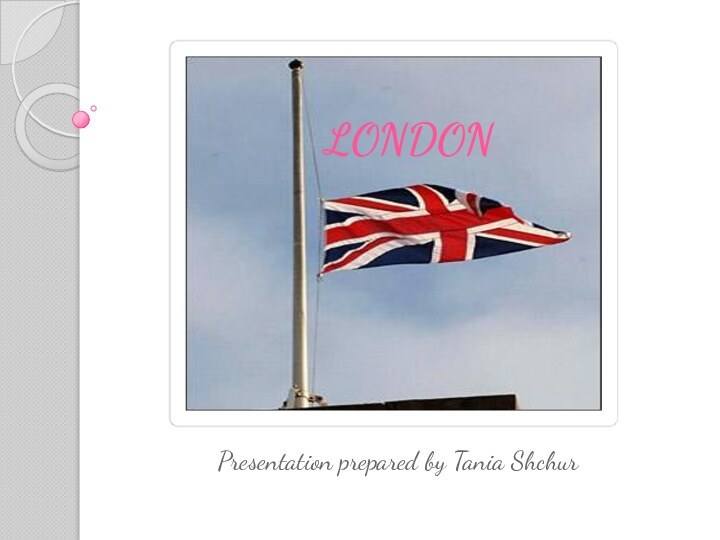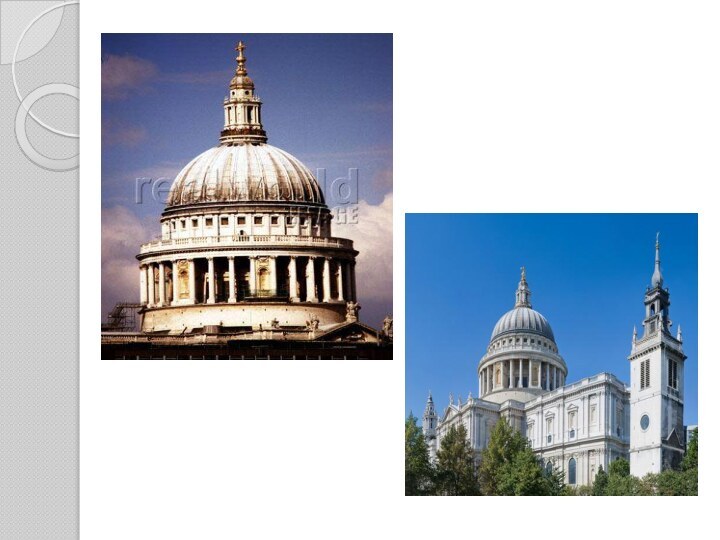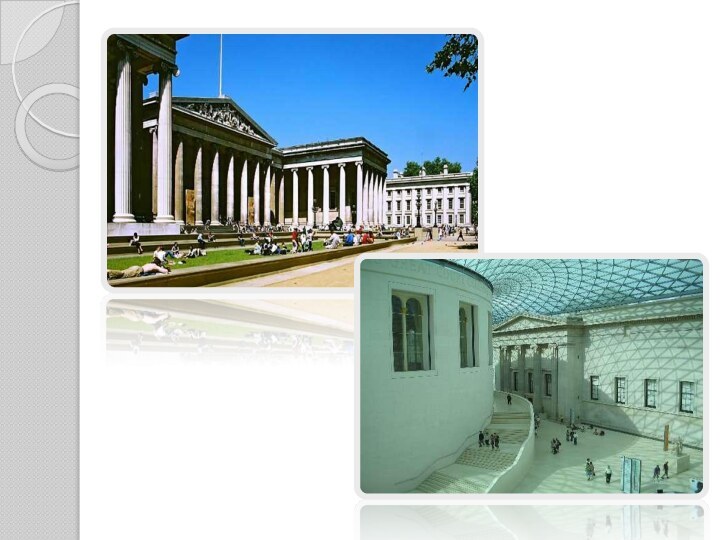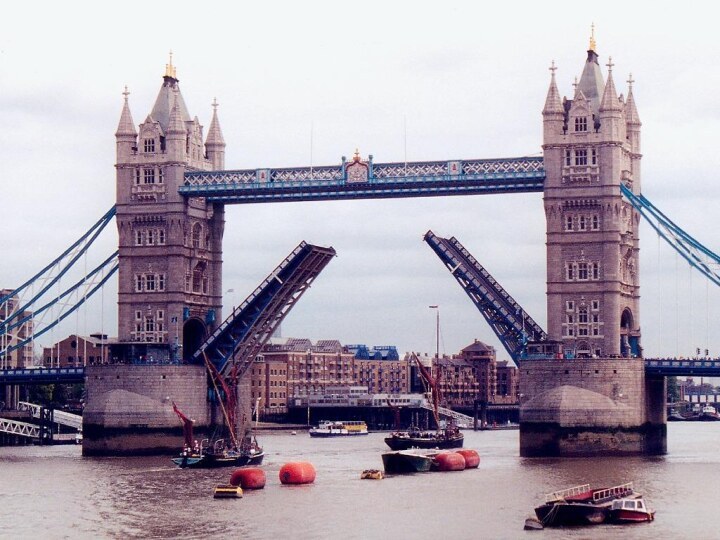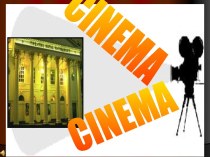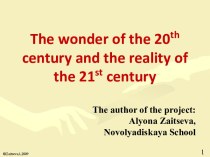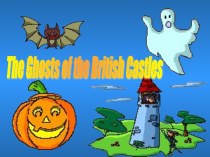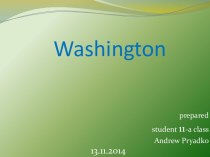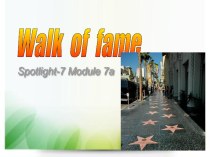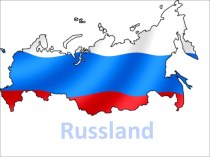Слайд 2
London is the capital of
Great Britain . It is situated on the Thames
River and It is the largest city in Europe with a population of eight and a quarter million. London is divided into four parts: the City, Westminster, the West End and the East End.
Слайд 4
London on the map of Great Britain
Слайд 5
There are many interesting places
to visit in London, such as Hyde Park, St.
Paul's Cathedral, Westminster Cathedral, Kenwood House, Buckingham Palace, British Museum, London Eye, Tower Bridge etc.
Слайд 6
St. Paul's Cathedral
St. Paul's Cathedral is the biggest cathedral of
London, the second in the world on the size of a dome. It is a cathedral and residence of the bishop and it is considered one of the best buildings constructed at the time of Renaissance.
Слайд 8
Westminster Cathedral
Westminster Cathedral is the main Catholic
church in England and Wales, which Located in central London's Westminster. It was built in 1895-1903 years. The interior is
very rare in English churches mosaic. In the crypt of the cathedral was buried Benkendorf - the last ambassador of the Russian Empire in the UK.
Слайд 10
Highgate Cemetery
Highgate Cemetery
— a cemetery located in Hajgejte, London. The cemetery
in the original form has been opened in 1839, as a plan part on creation of seven big, modern cemeteries (known as the Magic seven) round London. The Highgate Cemetery is also known to the occult past connected with ostensibly activity of vampires. In a press the given events have received name Highgate Vampire.
The London eye is one of the largest big
wheels in the world, located in the London area Lambet on southern coast of Thames. From height of 135 meters (approximately 45 floors) open a kind practically on all city. A big wheel — the project of the architects David Marx and Julia Barfild which have won at competition of projects of constructions in honor of approach of a new millenium. The project embodiment in life has taken six years.
Слайд 14
The British Museum
The
British museum — the main Historical and Archaeological museum
of British Empire (nowadays — Great Britain) and one of the largest museums of the world. The British museum has been created in 1753 on the basis of three collections — collections of the known British doctor and naturalist Hens Sloun, a collection of count Robert Harli, and also library of antiquary Robert Kotton, which became a basis of the British library.
Слайд 16
Buckingham Palace
Originally It was
known as the Bakingem-house and was under construction for
the duke Buckingham (since 1703). It has been got by king George III in 1762 as the future private residence of the monarch. Within the next 75 years architects John Nash and Edward Blor, taking for a basis the Bakingem-house, have constructed three more similar buildings. All together form in the plan a square, in which center — the big courtyard. The palace has been officially declared by the main residence of the British monarchs at the introduction on a throne of queen Victoria in 1837.
Слайд 18
Trafalgar Square
Trafalgar
Square is the area in the center of London
where, on a place of the Charingsky cross, three paramount streets of Westminster — Strend converge, Uajtholl and Mell. In the area center — a column of Nelson from a dark gray granite in height of 44 m, topped with a statue of an admiral of Nelson. Four parties of a column are decorated by the frescos made of grasped and melted Napoleonic guns. It is built in 1840-1843, surrounded by sculptures of lions and fountains. On corners of the square — four sculptures.
Tower Bridge — a leaf bridge in the
centre of London over the river Thames, near to the London Tower. Sometimes it confuse to the London bridge located above on a current. It is opened in 1894. Also it is one of symbols of London and Britain. The bridge was designed by Goratse Johns, it represents a leaf bridge in length of 244 m with two towers put on intermediate support in height of 65 m.
